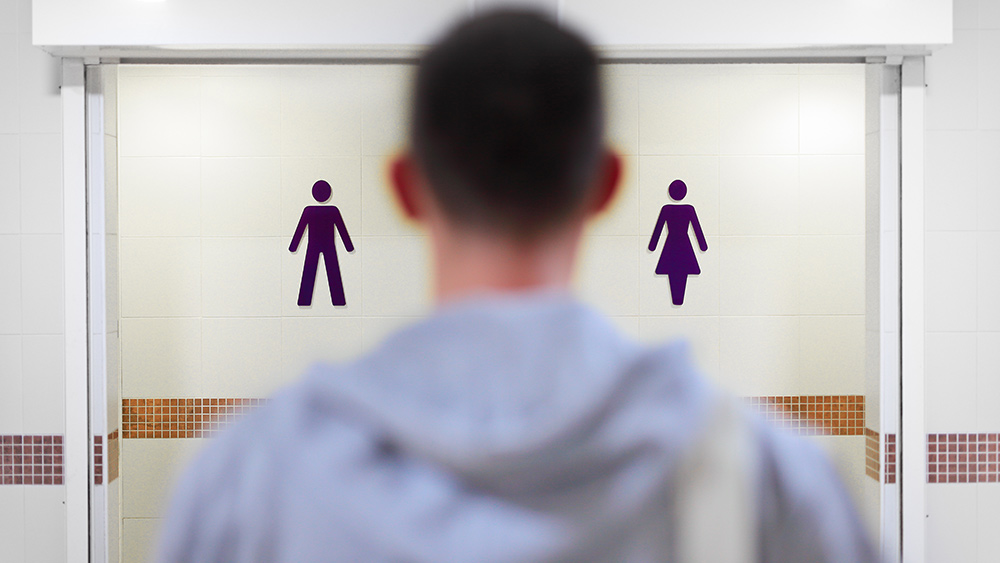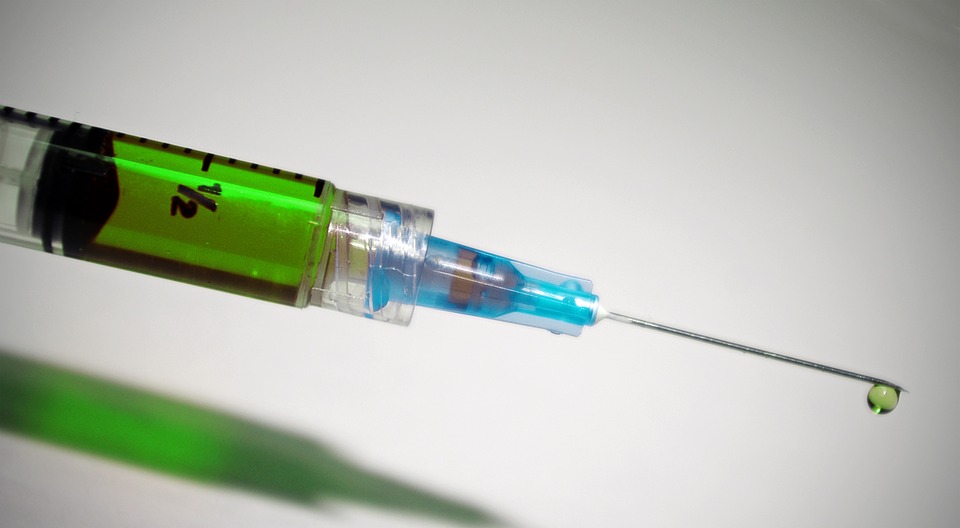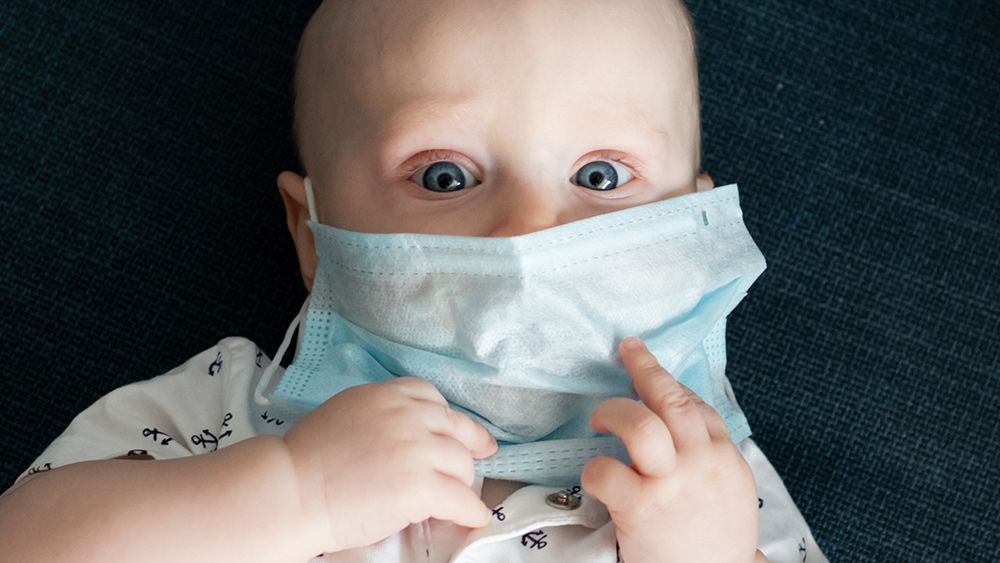Study: One in six adults on psychiatric drugs… is at any wonder society seems so deranged?
12/28/2016 / By Amy Goodrich

Is a legal drug epidemic plaguing our nation? According to a new study, published in the journal JAMA Internal Medicine, it seems that Americans have become increasingly dependent on pharmaceuticals. In 2013, about one in six American adults reported taking at least one psychiatric drug, usually an antidepressant, sedative or antipsychotic, to cope with conditions such as depression, anxiety and insomnia.
The numbers are startling, especially knowing that more than eight out of 10 had been doing so for a year or more. Also, co-authors Thomas J. Moore, a senior scientist at the Institute for Safe Medication Practices, and Dr. Donald R. Mattison, chief medical officer at Risk Sciences International, said that the number of people taking these drugs is likely an underestimate since the results come from self-reported data.
Differences by sex, age and ethnicity
The researchers reviewed data from the 2013 Medical Expenditure Panel Survey, which included some 37,421 adults and gathered information from individuals, families, their medical providers and employers on the cost and use of healthcare across the United States.
Moore and Mattison found that psychiatric drug use differed among adults of different ages, ethnicity and sex. For example, one in five women reported taking at least one prescription that year, which is about twice the number of men.
Furthermore, older adults aged between 60 and 85 years were far more likely to take these drugs than people between 18 and 39 years old. More than a quarter of the older adults reported taking at least one prescription, which is a growing concern, since the oldest adults may risk falls and cognitive impairment from taking these drugs, said Dr. Eric Lenze, a professor of psychiatry at the Washington University School of Medicine.

The researchers also found that drug use was most worrisome in white adults. According to the study, 20.8 percent of white adults reported the use of psychiatric drugs, compared with 9.7 percent of black adults, 8.7 percent of Hispanic adults and 4.8 percent of Asian adults.
Safety concerns
Antidepressants like Zoloft and Celexa were the most common type of psychiatric drug, followed by anti-anxiety or sleeping pills like Xanax and Ambien. What troubled Moore and Mattison most was the fact that the majority of adults who reported taking psychiatric drugs have been using them for a long time.
“To discover that eight in 10 adults who have taken psychiatric drugs are using them long term raises safety concerns, given that there’s reason to believe some of this continued use is due to dependence and withdrawal symptoms,” Moore said.
He added that most of these widely-used drugs have either warnings about withdrawal symptoms, are DEA (The Drug Enforcement Administration) Schedule IV, or both. DEA Schedule IV rating means that the drug has a low potential for abuse and dependence. However, the DEA might need to revise this data. Some examples of Schedule IV drugs include Xanax, Valium, Ambien and Tramadol. Do drugs like these sound like they have a “low potential for abuse and dependence” to you?
Moore and Mattison disagree with the DEA. They say that while there is limited information available about how long an individual should take antidepressants, certain drugs in the sedative, hypnotic and anxiolytic category can make people dependent.
It is evident that the safety standards of psychiatric drugs need to improve. Moore and Mattison suggested increasing the emphasis on prescribing these drugs at the lowest effective concentration and continually re-assessing the need for them. Moore added that patients need to understand that stopping a psychiatric drug may make it seem as though the problem is coming back. However, withdrawal or rebound symptoms usually do not occur when healthcare providers carefully help their patients reduce their dose.
Sources:
Submit a correction >>
Tagged Under:
Antidepressants, antipsychotics, Anxiety, Big Pharma, depression, insomnia, overmedication, prescription medication, psychiatric drugs, sedatives
This article may contain statements that reflect the opinion of the author





















